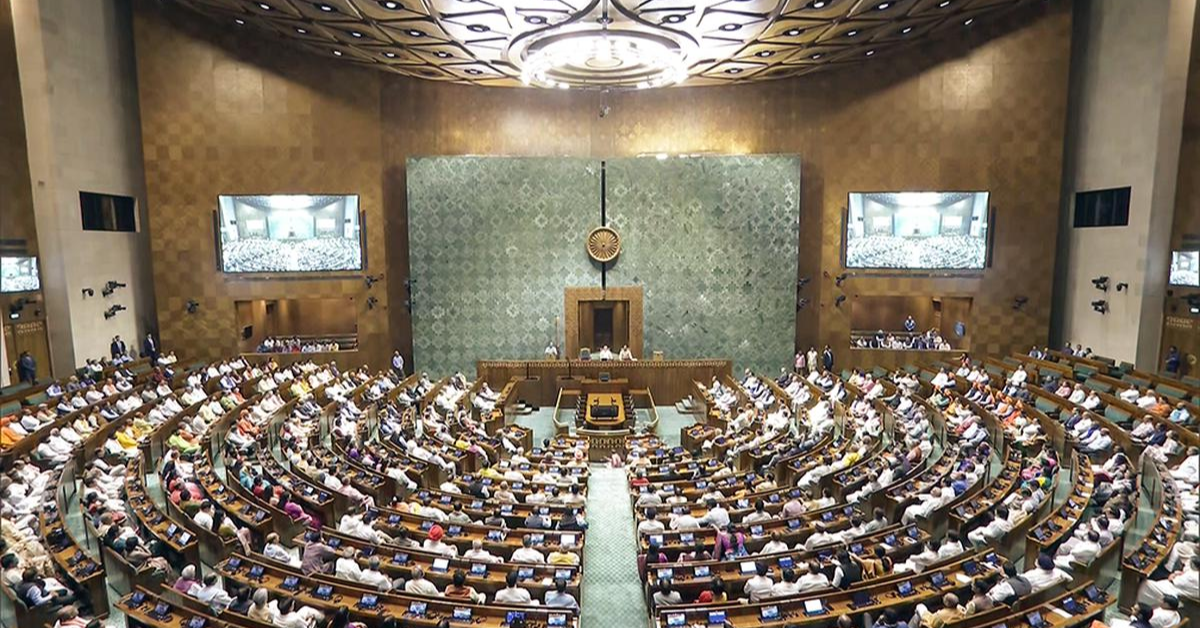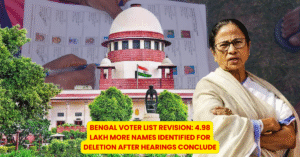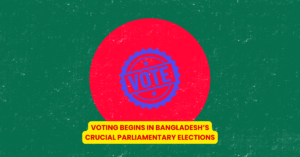New Delhi, August 20, 2025 – In a groundbreaking move aimed at ensuring accountability in governance, the Indian government is set to introduce three landmark bills in Parliament today that could reshape the political landscape. These bills propose the automatic removal of the Prime Minister, Union Ministers, Chief Ministers, or state and Union Territory ministers if they remain in custody for 30 consecutive days on serious criminal charges. The legislation, if passed, would mark a significant step toward addressing prolonged detentions of high-ranking officials accused of grave offenses.
According to sources, the bills—namely the Government of Union Territories (Amendment) Bill 2025, the Constitution (One Hundred and Thirtieth Amendment) Bill 2025, and the Jammu and Kashmir Reorganisation (Amendment) Bill 2025—stipulate that any official arrested and detained for an offense punishable by imprisonment of five years or more will face dismissal from their position on the 31st day of custody. Union Home Minister Amit Shah is expected to move a motion in the Lok Sabha to refer these bills to a joint committee of Parliament for further deliberation.
The proposed legislation addresses a critical gap in the current legal framework. As per the statement of objectives for the Constitution (One Hundred and Thirtieth Amendment) Bill, 2025, there is no existing provision in the Constitution for the removal of a Prime Minister, Union Minister, Chief Minister, or state minister who is detained on serious criminal charges. To rectify this, amendments to Articles 75, 164, and 239AA of the Constitution are proposed, providing a legal mechanism to ensure swift action in such cases. Similarly, the Jammu and Kashmir Reorganisation (Amendment) Bill, 2025, and the Government of Union Territories (Amendment) Bill, 2025, aim to introduce parallel provisions for Jammu and Kashmir and other Union Territories, respectively.
Under the proposed framework, a Prime Minister detained for 30 consecutive days would be required to tender their resignation by the 31st day. Failure to do so would result in their automatic removal from office. For ministers, the President, acting on the advice of the Prime Minister, or the Governor, acting on the advice of the Chief Minister, would remove the detained minister on the 31st day if no recommendation for removal is made within the 30-day period.
The bills have sparked significant discussion on social media platforms like X, with many users describing them as “historic” and a response to recent controversies involving detained leaders. Some posts specifically reference the “Arvind Kejriwal effect,” suggesting that the legislation may have been prompted by high-profile cases where elected officials have remained in office despite prolonged detention.
Critics, however, argue that the bills could be misused to target political opponents, raising concerns about their implementation and potential impact on democratic processes. Supporters, on the other hand, view the legislation as a necessary measure to uphold integrity and accountability in public office.
The introduction of these bills comes at a time when India is witnessing heightened scrutiny of political leaders involved in legal battles. If passed, the legislation could set a precedent for ensuring that elected officials facing serious criminal allegations are held accountable without disrupting governance.
The bills are expected to undergo rigorous debate in Parliament, with the joint committee’s review likely to shape their final form. As the nation watches closely, these proposed reforms could redefine the standards of political accountability in India.






